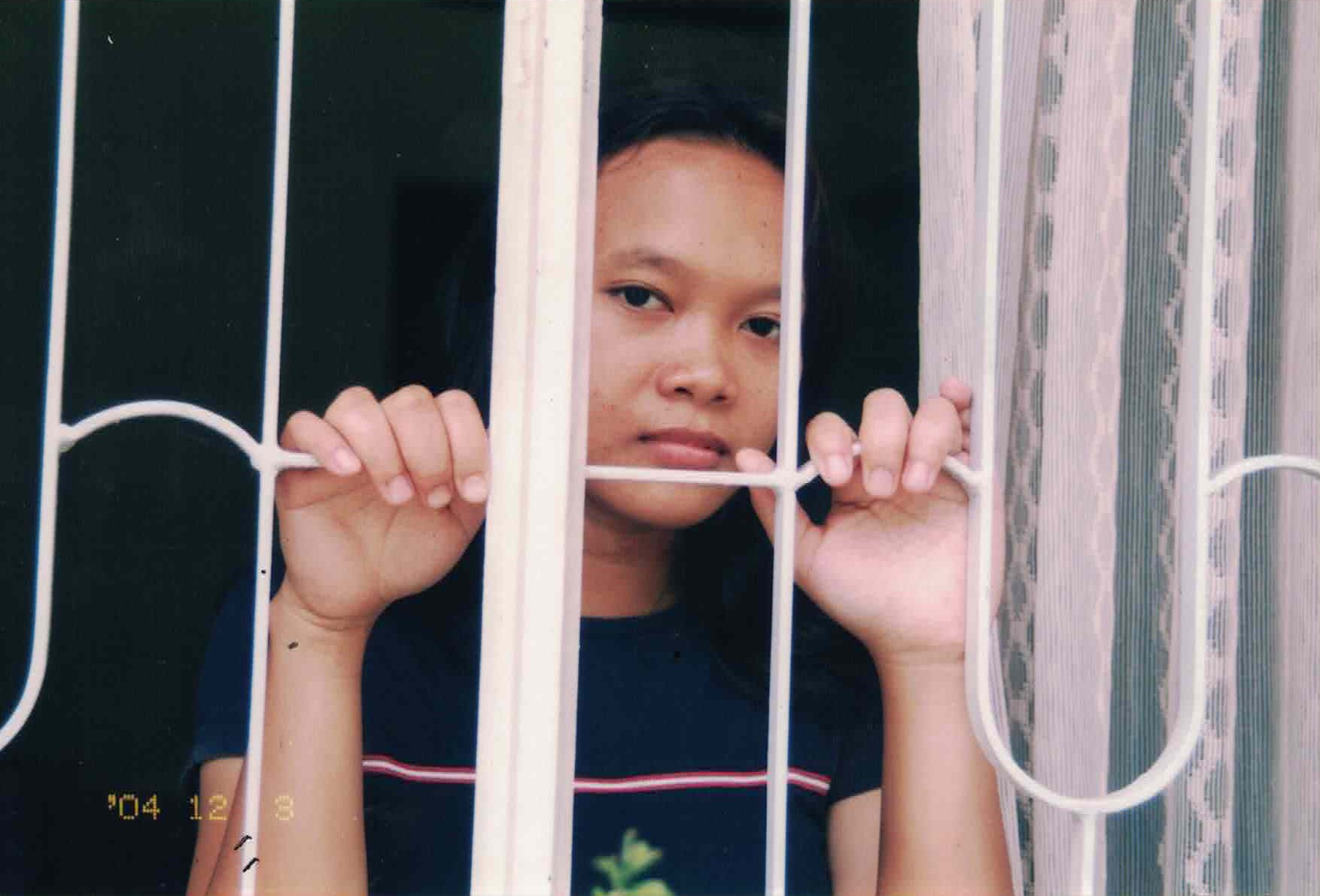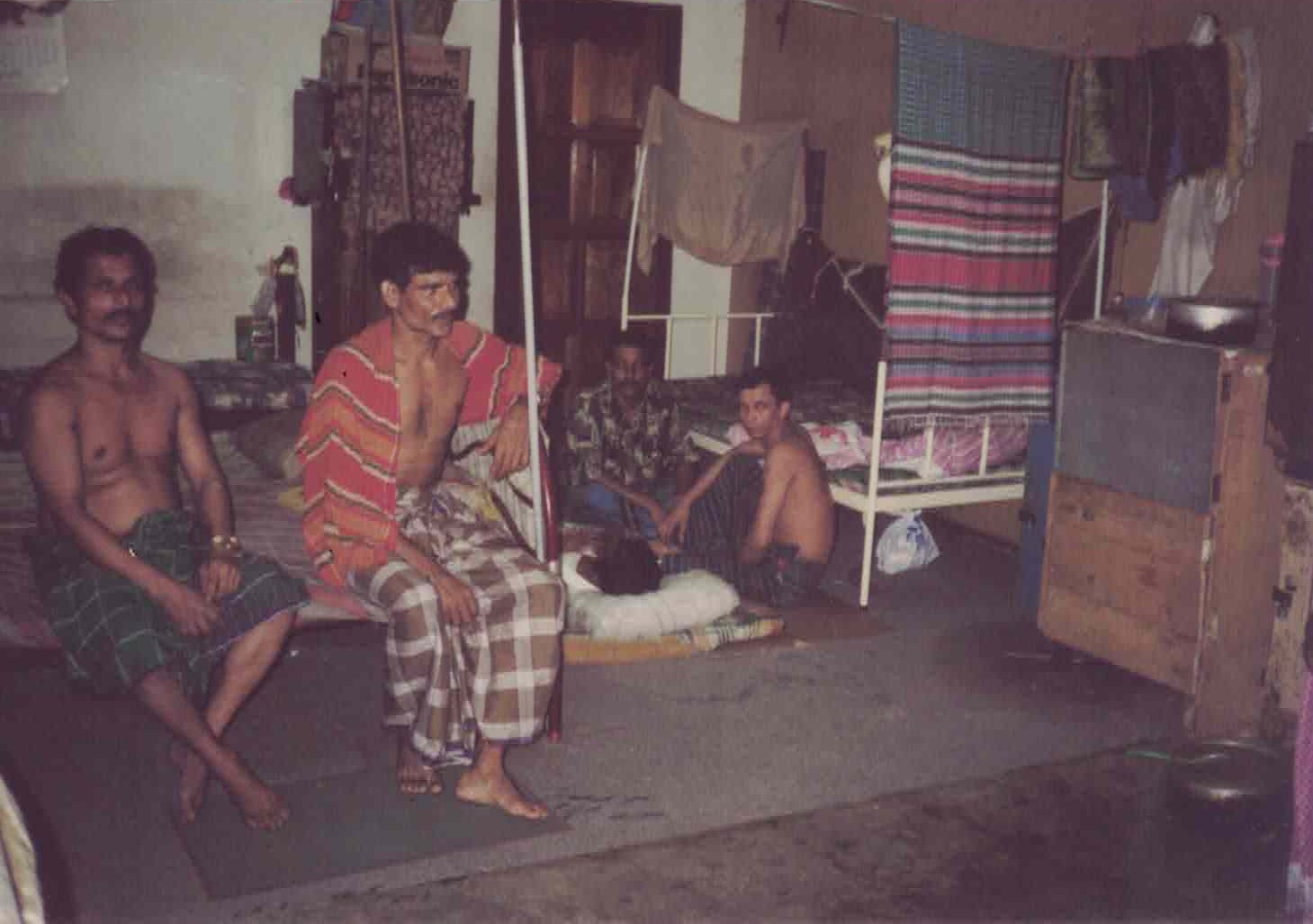Anti Trafficking in Person
The History
Tenaganita’s AntiHuman Trafficking program started with the Migrant Rights Protection Act in 1993.
After years of experience in the field of documenting and advocating for equitable and just policy measures for migrants and trafficked persons, Tenaganita has come to be recognized as one of the leading NGOs in the field of antihuman trafficking in Malaysia today.


Evolution
The demand for migrant labour in Malaysia has led to the dramatic rise in incidences of human trafficking, following the rapid economic and development boom the nation experienced over the past several decades. Lured with promises of stable, well paying employment in Malaysia, hundreds of thousands of workers from all over South and Southeast Asia are tricked or forced into falsely presented schemes designed to rob them of their money and property and place them at the mercy of ruthlessly exploitative employers.
Trafficked persons typically come from countries with comparatively lower levels of development such as Bangladesh, Indonesia, Myanmar, Thailand, Cambodia, and Vietnam. Upon arrival, trafficked persons are usually forced into labour-intensive industries where workers can be easily exploited, such as fisheries, construction, manufacturing and plantations for male victims while domestic work and the illegal sex trade are primarily relegated to female victims.
Needs Today
Tenaganita’s anti trafficking in persons program encompasses the following:
PREVENTION. INTERVENTION. RECOVERY
- Awareness: Our efforts seek to inform and educate the public about the issue, and work toward prevention and eradication of trafficking
- Rescue: Rescues are undertaken by Tenaganita staff or conducted with the assistance of enforcement agencies
- Shelter: The survivors are sheltered in a secure location and counselling is provided
- Case: A legal case is opened and filed with the relevant government agencies to seek redress
- Safe Repatriation: Liaising with our national, regional and international network, we facilitate the process of education, safe repartriation and reintegration of survivors
Programmes Designed for Change
Types of Trafficking
As Malaysia is both a destination and transit country (and a growing source country to a lesser extent), the country experiences all forms of human trafficking. A list of these types is as follows:
- Labour Trafficking
- Sex Workers
- Child Trafficking
- Trafficked Fishermen
- Buying and Selling of Refugees
- Death camps
- Child Pornography
- Forced Begging
- Trafficking for Baby Sale
- Babies for Sale
- Foreign / Mail-Order Brides
- Organ Trafficking
- Student Trafficking for Labour
- Money Laundering + Sex Trafficking
- Drug Mules (Trafficked Victims)


